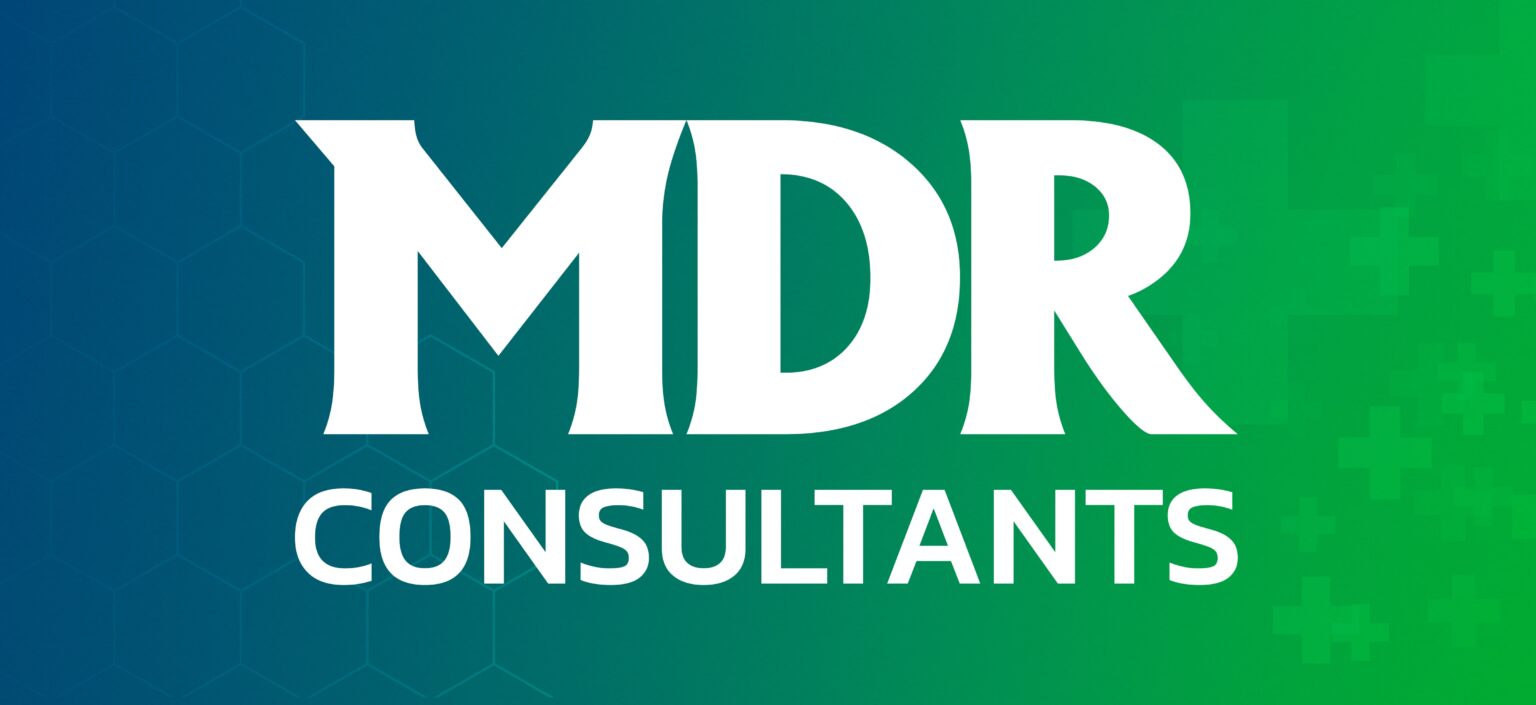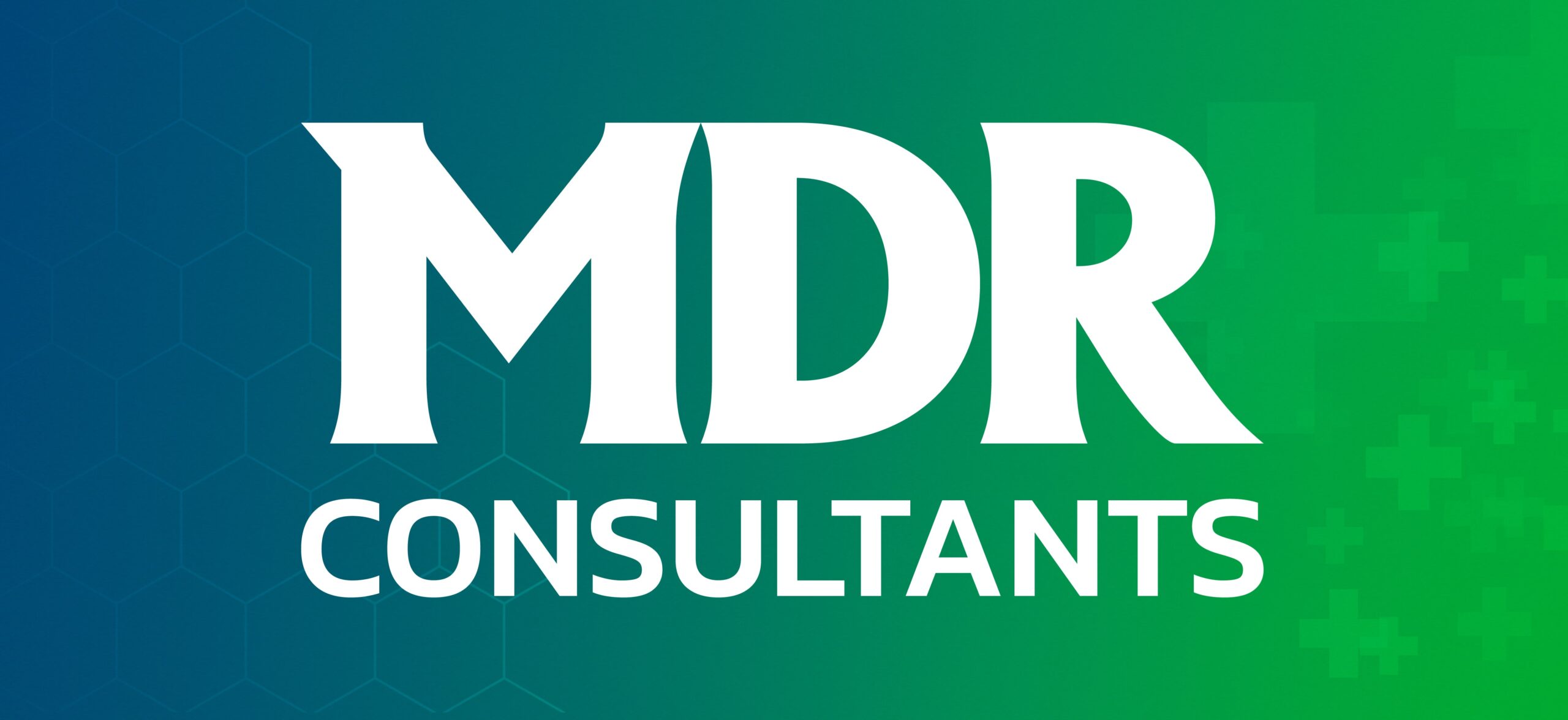Manufacturing Licenses for Class C & D Medical Devices (Forms MD-7, MD-9)
MD-9 refers
to the Manufacturing License granted by the Central Licensing Authority (CLA)
under the CDSCO (Central Drugs Standard Control Organization) to manufacturers
after a successful application via Form MD-7. It grants legal authorization to
manufacture and sell Class C or D medical devices in India.
Who Needs MD -9
Companies
established in India who intend to manufacture and sell Class C or Class D
medical devices require this license. Here’s a breakdown of the device
classifications:
Class
C: Moderate-Risk Devices
These
are medical devices considered to have a moderate to high risk to patients.
They require stricter regulations and controls compared to Class A and B
devices. For Example:-
·
Blood
Bags
·
Catheters
·
Disposable
Perfusion Sets
·
Ablation
Devices
Class D: High-Risk Devices
These are medical devices considered to have the
highest risk to patients. They require the most stringent regulations and
controls to ensure safety and effectiveness. For Example:-
·
Aneurysm clip
·
Heart Valves
·
Cortical electrode
·
Cervical spine immobilization head ring
Benefits of Obtaining MD-9:
- Market Access: Enter the booming Indian
medical device market.
- Legality & Credibility: Operate
legally and gain trust with regulators and healthcare providers.
- Competitive Edge: Stand out and partner
with distributors and hospitals.
- Operational Efficiency: Manufacture and
sell Class C & D devices freely.
- Long-Term Stability: Enjoy a valid
license with timely renewals.
- Bonus: Participate in government tenders
and show commitment to patient safety.
Process
to Obtain MD-9 License:
The process for acquiring an MD-9
Manufacturing License involves following stages:
- Application (Form MD-7): Submit an
application electronically to the Central Licensing Authority through the
CDSCO portal.
- Documentation: Include required documents
like:
- Cover letter
- Plant master file and device master file
- Quality Management System (QMS)
documentation as per regulations
- Performance evaluation report (for In
Vitro Diagnostic Devices – IVDs)
- Company details (constitution,
ownership/tenancy agreements)
- Valid Quality Certificate for the
manufacturing site
- Valid Test License for testing and generating
quality control data
- Signed undertaking stating compliance
with QMS provisions
- Review & Inspection: CDSCO reviews
the application and conduct an inspection of the manufacturing site.
- Approval: Upon successful review of the
application, documentation, and potential inspection, the CLA grants the
manufacturer a license to manufacture and sell Class C or Class D medical
devices. This license is issued in the form of MD-9.
Validity:
The Form MD-9 license is valid
indefinitely, subject to timely payment of a license retention fee every 5
years. Non-payment may lead to suspension or cancellation of the license.
Important Tips:
- Ensure the
manufacturing site meets QMS requirements as per the Fifth Schedule of
the Medical Device Rules, 2017.
- Prepare device master files and site
master files according to the MDR 2017 format.
- Submit technical documents compliant
with MDR 2017 to avoid delays.
- Generate quality control data based on a valid Test License for quicker approval.
- Upon successful review
of the application, documentation, and potential inspection, the SLA
grants the manufacturer a license to manufacture and sell Class A or
Class B medical devices. This license is issued in the form of MD-5.
Here's
why an MDR consultant is your ideal partner:
Regulatory Expertise: They’re well-versed in the
intricacies of the Medical Device Rules, 2017, ensuring your application
adheres to all requirements.
Streamlined Process: They guide you through every
step, from understanding eligibility to assembling the comprehensive
documentation package.
Accurate Documentation: MDR
consultants ensure your technical specifications, device master files, QMS
documents, and other crucial documents are complete, accurate, and formatted
according to CDSCO standards.
Effective Communication: They handle
communication with the CDSCO on your behalf, addressing any concerns and
ensuring a smooth review process.
Risk Management & QMS: They can
help develop and implement robust Risk Management and Quality Management
Systems (QMS) that meet regulatory standards, demonstrating your commitment to
safety and quality.
Increased Success Rate: Their
expertise helps you avoid common pitfalls and delays, significantly increasing
your chances of obtaining the MD-9 license efficiently.
Beyond
the MD-9 Application:
MDR consultants often offer additional services, such as:
Pre-market regulatory consulting to determine device classification and plan your compliance strategy, Site readiness for the Licencing audit/ final audit. MDR consultants perform stage wise internal audit to get prepare for the final stage of audit to be conducted by the CLA, Post-market surveillance support to monitor device performance and address safety concerns, Regulatory compliance training for your staff.
2025-09-29 18:47:23

